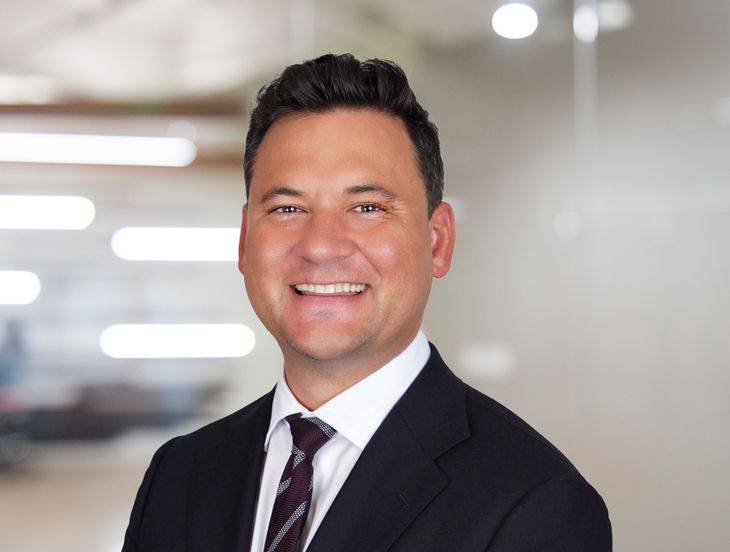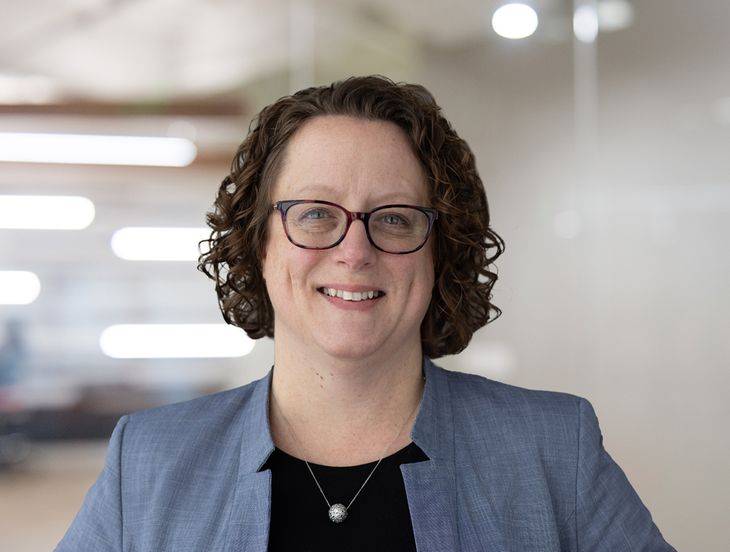Trump Administration Takes Steps to Dismantle Department of Education: What Higher Education Institutions Should Expect
Insights
11.20.25
The Trump Administration announced plans this week to shift administration of education programs from the Department of Education (DoED) to other federal departments – and eventually close DoED for good. Secretary of Education Linda McMahon said on Tuesday that these changes are needed to “break up the federal education bureaucracy and return education to the states” and “refocus education on students, families and schools.” What do higher education institutions need to know about these significant changes ahead?
What Happened?
Specifically, DoED announced six interagency agreements (IAAs) with four other departments:
- Department of Labor (DOL)
- Department of Health and Human Services (HHS)
- Department of State (DOS)
- Department of the Interior (DOI)
Pursuant to the IAAs, these four Departments and their subordinate responsible agencies will assume responsibility for significant activities previously performed by various DoED agencies, including the Office of Postsecondary Education.
What Led to this Announcement?
The Trump Administration has suggested that the recent federal government shutdown showed that DoED and much of its staff are unnecessary, citing the fact that schools remained open during the shutdown. This announcement also comes on the heels of a bill being introduced in the House last week by Representative Thomas Massie (R-KY) that would eliminate DoED by the end of 2026. A similar bill failed in 2025.
These changes are not unexpected.
- In March 2025, in keeping with his campaign promises, President Trump signed an Executive Order directing Secretary McMahon to start returning authority over education to the States. President Trump made clear at the time that his ultimate goal was to “shut [the DoED] down as quickly as possible.”
- Secretary McMahon began following this order immediately after joining the Cabinet. She initially fired 1,315 DoED staff members, including many employees in the DoED’s Office for Civil Rights (OCR), which enforces certain nondiscrimination laws aimed at ensuring equal educational opportunities for students. Secretary McMahon subsequently moved responsibility for adult education, family literacy programs, and career and technical education to DOL.
Details: Department of Labor
Under one IAA, DoED and DOL have established a Postsecondary Education Partnership that, according to DOL, will streamline education programs, address “our nation’s annual labor shortage of over 700,000 skilled jobs,” and integrate with federal workforce development programs to “ensure Americans are prepared for the jobs of today and the future.”
- As part of the partnership, DOL will administer specific postsecondary education programs, including grant programs, under the Higher Education Act of 1965, and connect those programs with current DOL workforce development programs.
- Specifically, DOL “will manage competitions, provide technical assistance and integrate the [DoED’s] postsecondary education programs into the larger suite of programs the [DOL] already administers.”
- DoED will retain its statutory responsibilities and ultimate oversight over these grant programs.
Details: Department of Health and Human Services
Similarly, the IAA between the DoED and HHS establishes the Child Care Access Means Parents in School Partnership. This initiative focuses on improving on-campus childcare support for parents enrolled in colleges and universities, including childcare focused grants, which will now be administered by HHS.
Details: Department of State
And the DoED and DOS IAA establishes the International Education and Foreign Language Studies Partnership, which focuses on programs under the Fulbright-Hays Grant that will now be administered by DOS. According to the DoED, DOS is best positioned to tailor these programs to conform with the national security and foreign policy priorities of the United States
Initial Reaction
This week’s development received mixed reviews. Certain Republicans criticized the shift and emphasized that Congress created the DoED in 1979 and therefore the agency can only be closed by Congress. Thus far, most members of Congress seem disinclined to take such a step, although only time will tell.
What Do We Expect?
Our Government Relations Group notes this is the most significant unilateral reorganization of the Executive Branch since 1970, when President Nixon created the National Oceanic and Atmospheric Administration (NOAA) and placed it in the Department of Commerce rather than DOI. Our Group anticipates that various education groups will launch litigation to try to block the restructuring, claiming these IAAs are unlawful.
What Should You Do?
The changes will affect higher ed institutions in a number of important ways. Colleges and universities should consider the following action steps:
- Monitor all program shifts closely. Colleges and universities should keep an eye out and be aware of changes to grant terms, program qualifications, new oversight structures, and revised reporting obligations and processes for these programs.
- Strengthen state-level engagement. These changes also may result in some states taking more control over postsecondary education grants and programs. Stay plugged in with state education agencies and policymakers to understand how funding flows and eligibility criteria may shift.
- Update internal compliance and grant-management processes. Expect new oversight styles and data demands from these agencies. Make sure financial aid, sponsored programs, international programs, and student-parent support teams know what’s changing.
- Prepare for litigation-driven uncertainty. Challenges to the IAAs could delay or reverse parts of the restructuring. Build contingency plans and keep clear documentation in case program authority switches back and forth.
Conclusion
If you have questions about how these changes may affect your institution, please reach out to the authors of this Insight, your FP attorney, or any member of the Higher Education team for more specific advice and guidance. Make sure you are subscribed to Fisher Phillips’ Insight System to get the most up-to-date information directly to your inbox.
Related People
-
- David R. Dorey
- Partner
-
- Shiloh Theberge
- Partner, Chair Higher Education

